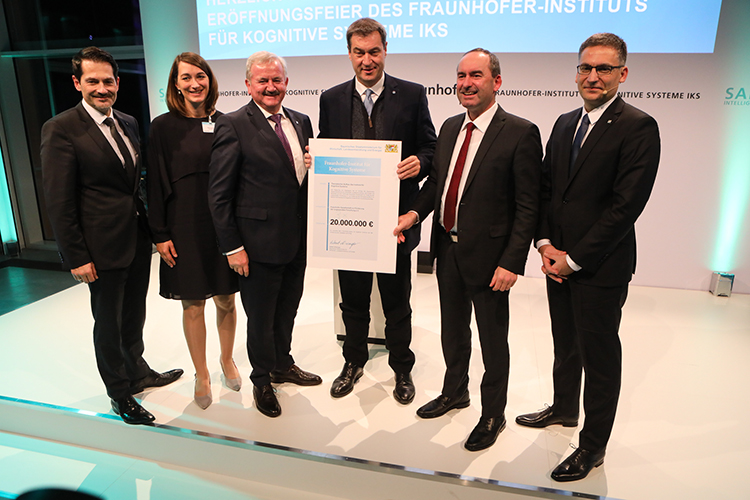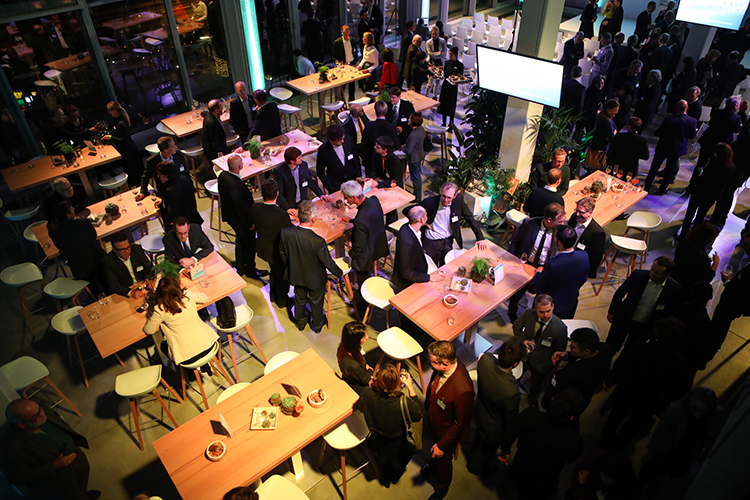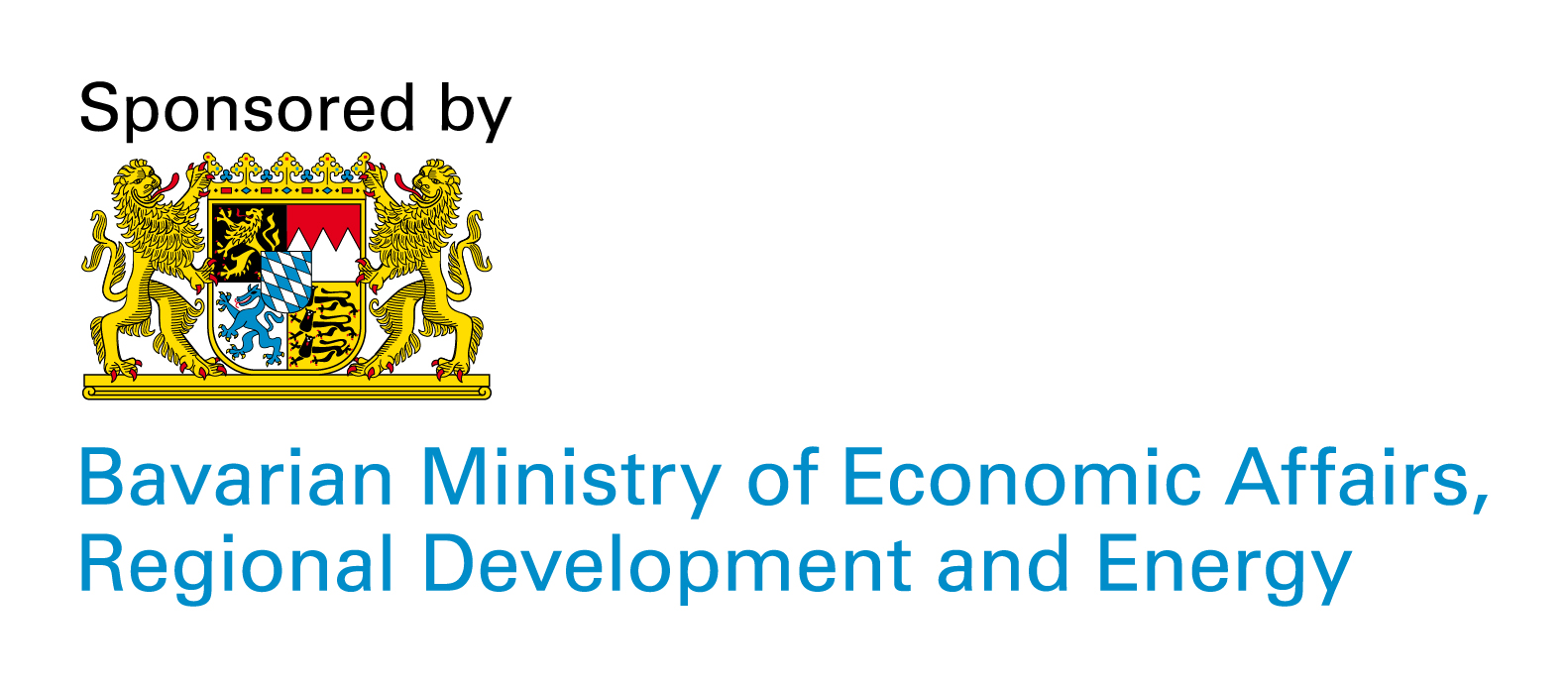Strengthening AI research for Bavaria

The Bavarian government is currently undertaking a massive expansion of academic and non-academic research activities in the field of artificial intelligence. The aim is to integrate this expertise into a Bavarian-wide AI network.
The Fraunhofer Institute for Cognitive Systems IKS is being established in Munich as a digital lighthouse project within the AI network. The plan is to grow the institute to roughly 150 employees by the year 2027, thus necessitating the construction of a new building on the Garching Research Campus. The corresponding research and development activities will receive extensive funding for a period of eight years through the Bavarian Ministry of Economic Affairs, Regional Development and Energy led by State Minister Hubert Aiwanger.
 Fraunhofer Institute for Cognitive Systems IKS
Fraunhofer Institute for Cognitive Systems IKS
